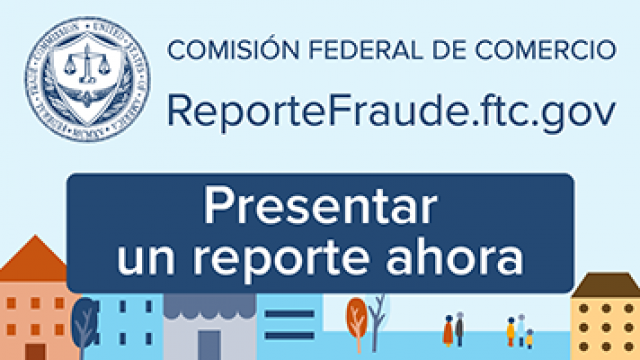Learn about the latest scams, and get advice to help you avoid, report, and recover from them.
Identity Theft Awareness Week 2025 is coming!
Taking the guesswork out of gigs
What to know before you upgrade your phone. And how to protect your new one
Stay ahead of scammers in 2025
Detect immigration scams that start on social media
’Tis the season of taking for scammers
Check out gift cards before you buy them
Getting a pet? Avoid scams
That random text offering you a job? It’s probably a scam
Scammers are delivering phishing messages this holiday season
Give to a charity, not a scam
Don’t let scammers get in the way of your holiday shopping
How Scammers Try To Steal Your Life Savings [Infographic]
Looking for Marketplace health insurance this open enrollment season? Avoid scammers.
How to spot scams that offer to lower your interest rate
Three ways scammers try to steal your money
How to avoid TSA PreCheck scams
Common Health Scams
People spend billions of dollars a year on products and treatments to try to improve their health and fitness.



